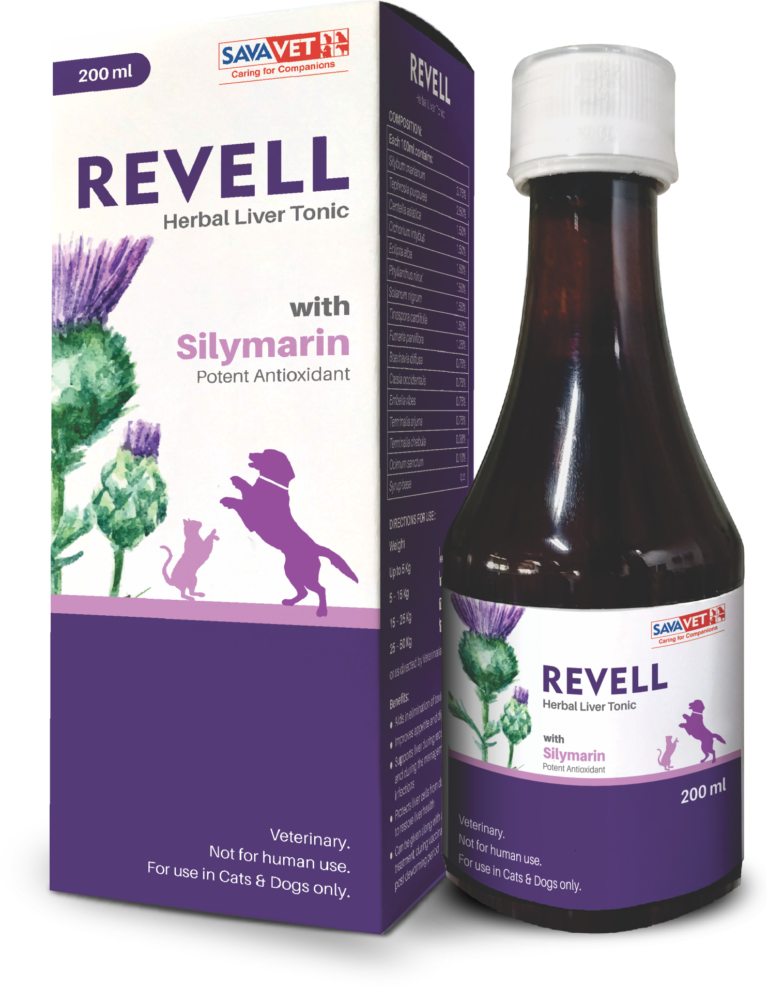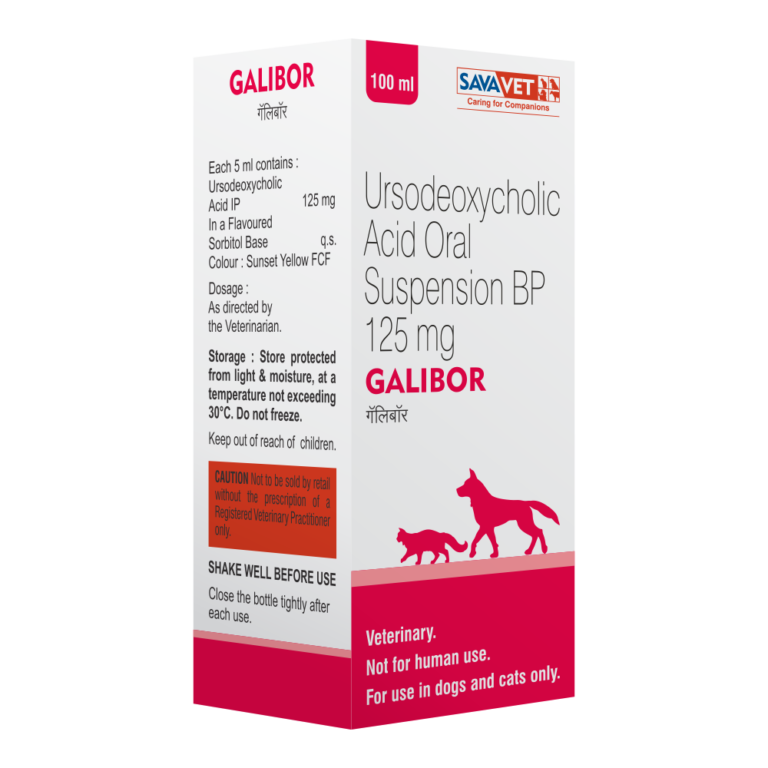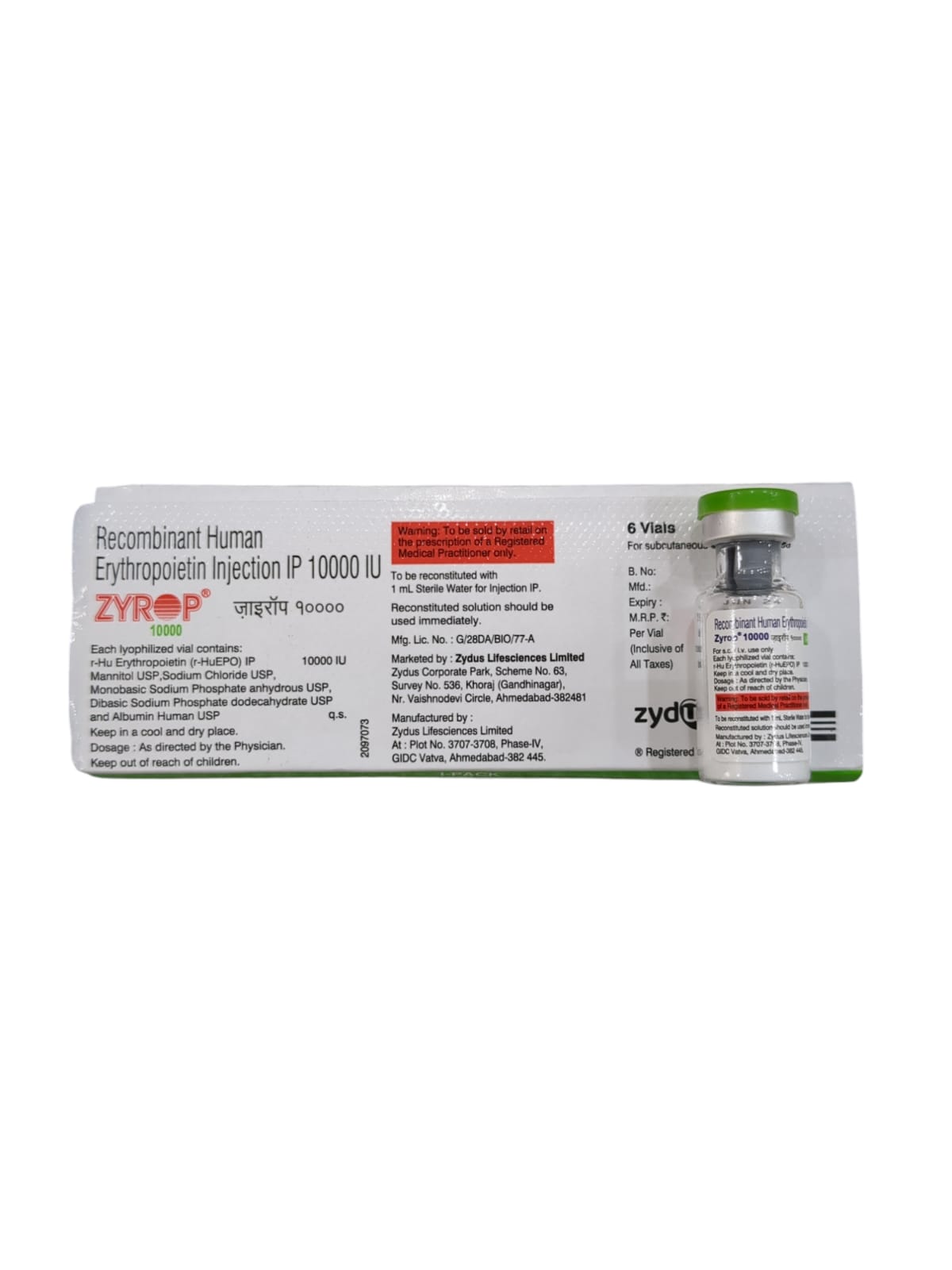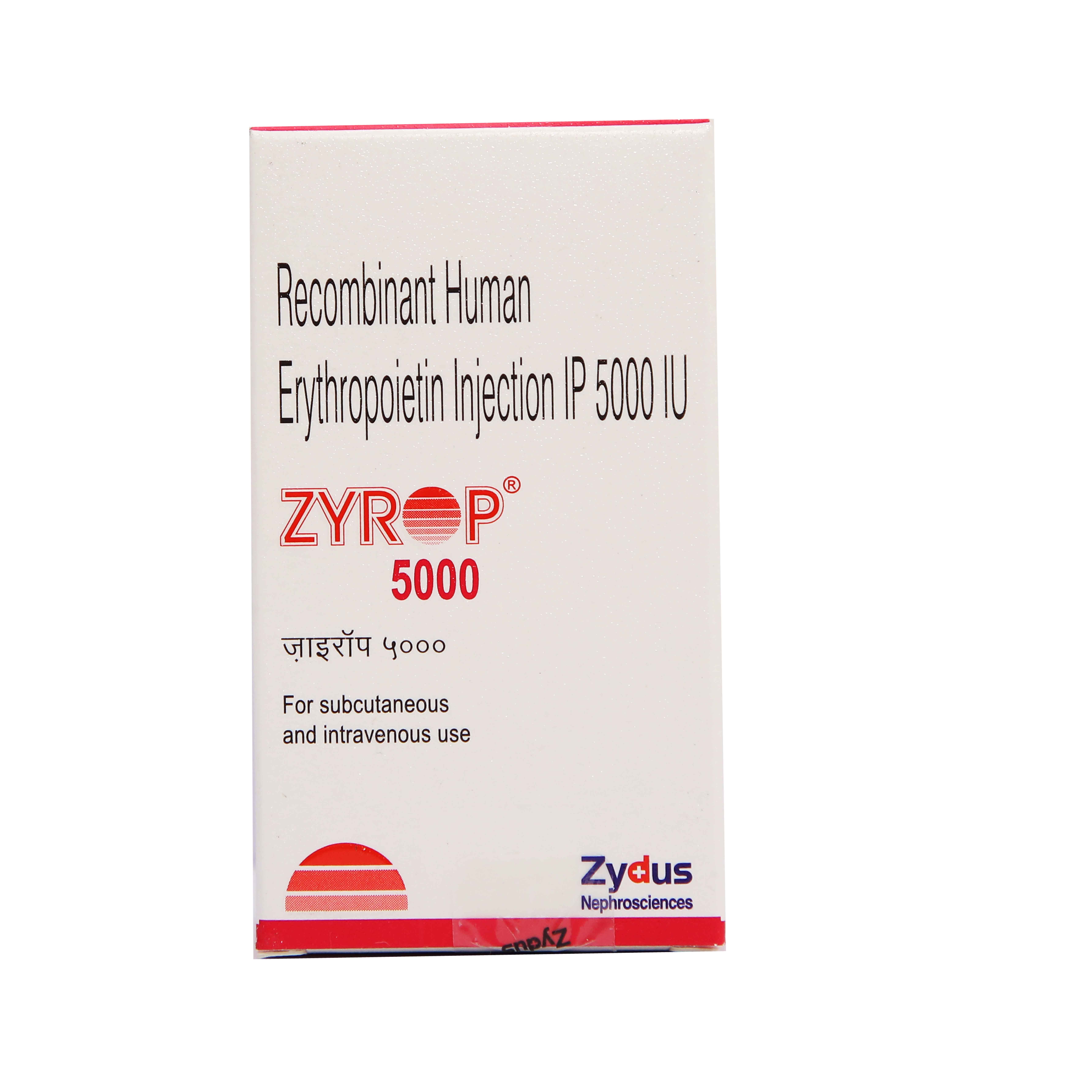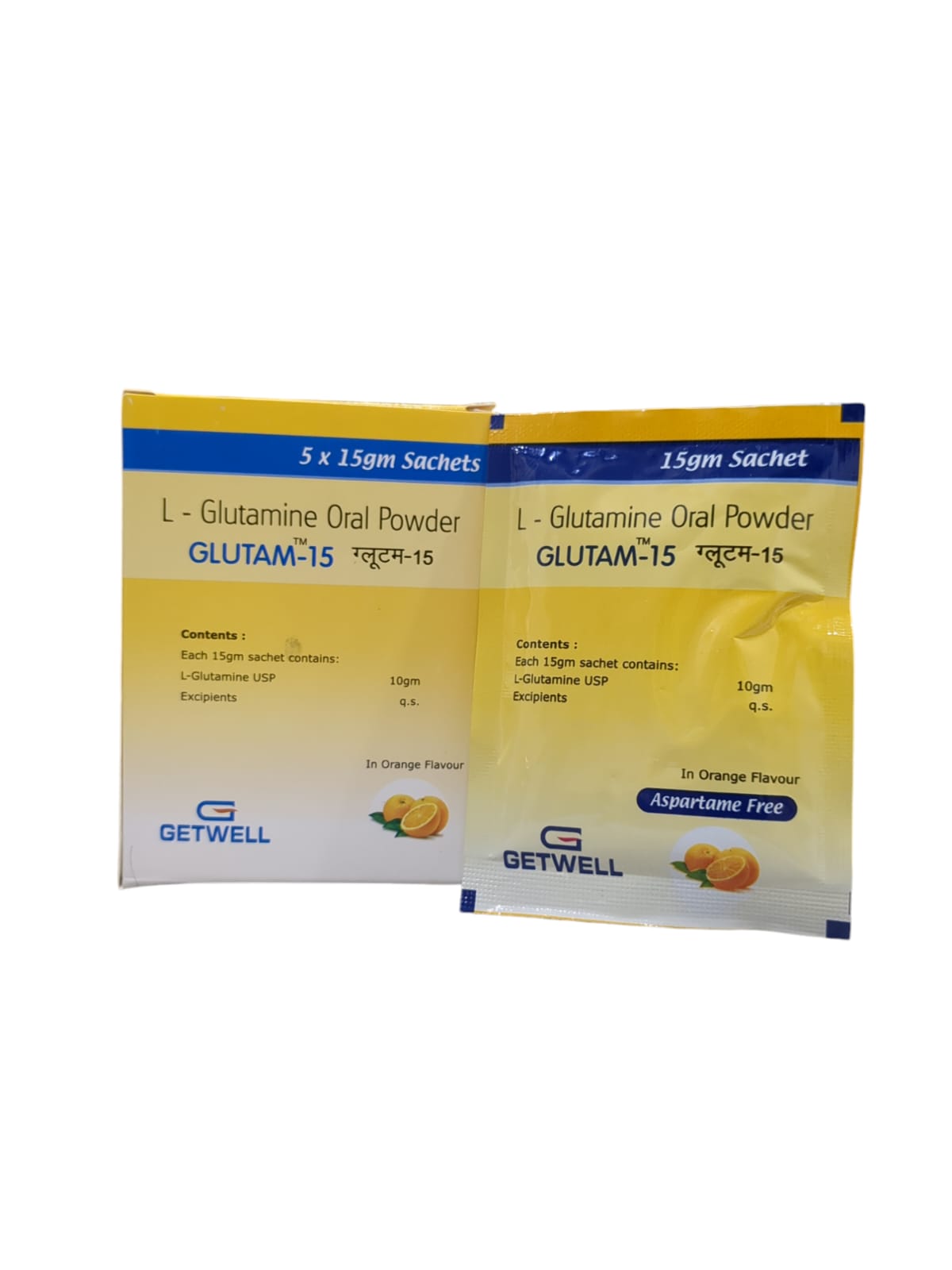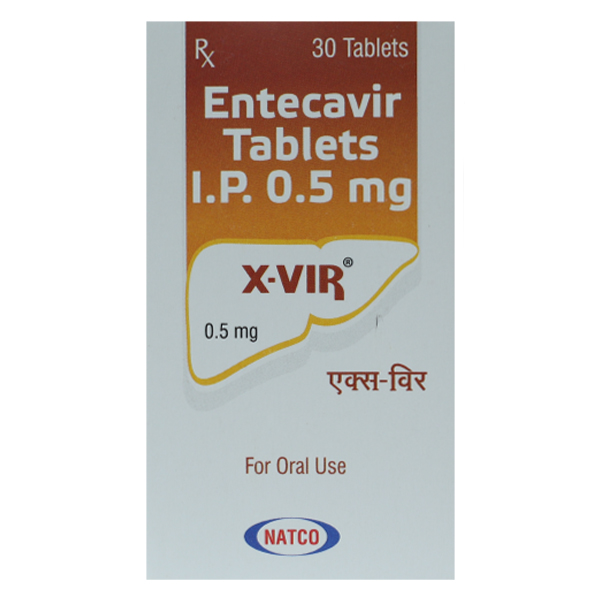Pharmacy Dropshipping in Australia – Wholesale Medicine Exporter from India Ernest Pharmaceuticals Pvt. Ltd. is a leading name in pharmacy dropshipping services in Australia. With over a decade of global experience, we help pharmacies, clinics, and online medical retailers in Australia access WHO-GMP certified Indian medicines directly through our efficient dropshipping model. Why Choose Ernest Pharmaceuticals for Dropshipping to Australia? ✅ No Inventory Hassles – medicines delivered directly to your customers. ✅ WHO-GMP Certified Products meeting global safety and quality standards. ✅ Competitive Pricing for pharmacies and bulk buyers. ✅ Private Label Support for custom branding. ✅ Safe & Reliable International Shipping to all major Australian cities. Products We Supply: Erectile Dysfunction Medicines (Sildenafil, Tadalafil, Vardenafil) Cancer & Oncology Treatments Injectables & IV Infusions Skin & Dermatology Products Nutraceuticals & General Wellness Steroids & Hormone Therapy Medicines Major Cities in Australia We Cover: 📍 Sydney | 📍 Melbourne | 📍 Brisbane | 📍 Perth | 📍 Adelaide | 📍 Gold Coast | 📍 Canberra | 📍 Hobart | 📍 Darwin About Ernest Pharmaceuticals We are one of India’s most trusted medicine exporters and dropshipping service providers, serving 80+ countries worldwide. Our commitment is to provide affordable, reliable, and quality medicines to healthcare professionals and pharmacies across Australia. 📧 Email: exports@ernestpharmaceuticals.com 📲 WhatsApp: +91 94054 76170 🌐 Website: www.ernestpharmaceuticals.com | www.ernestimpex.com 👉 Message us on WhatsApp today to get the best pharmacy dropshipping deals for Australia.
Send Message

